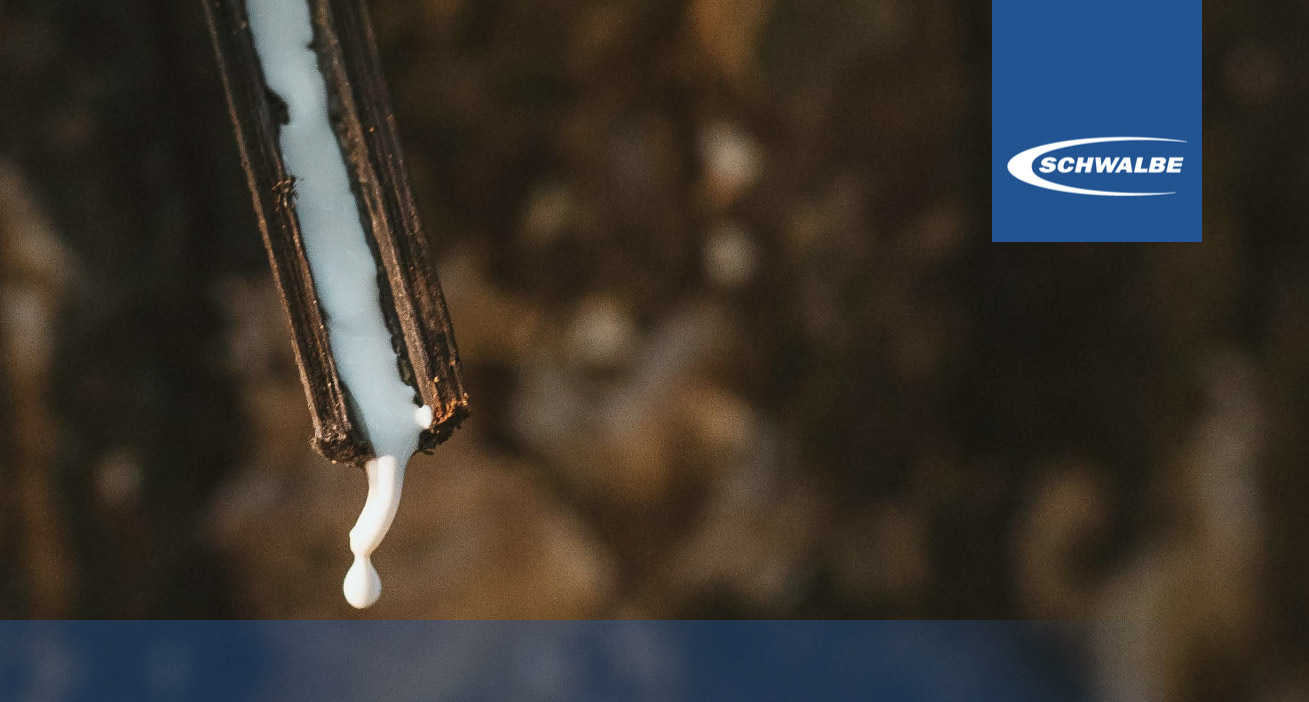Whether it’s running a successful bicycle tire and tube recycling program, or producing the world’s first bicycle tire made with recycled carbon black, bicycle tire manufacturer, Schwalbe Tires seems committed to doing business conscientiously.
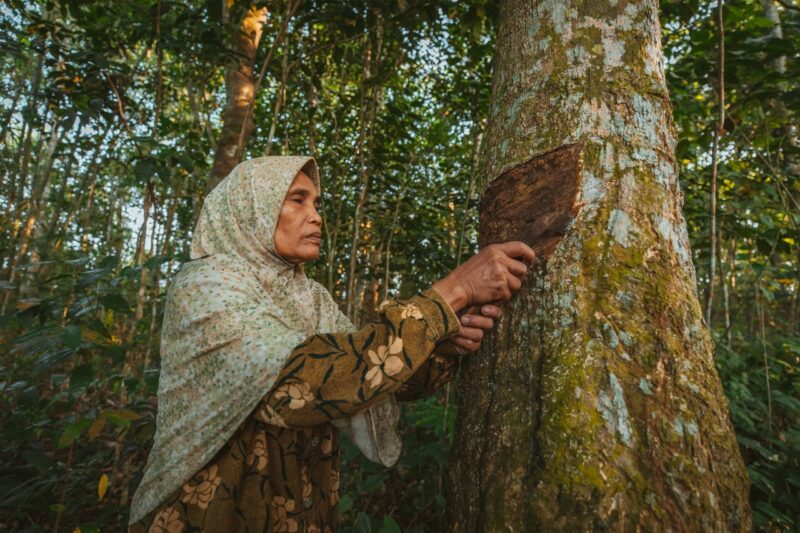
This time around, the story is that Schwalbe is expanding the proportion of fair rubber in their products. For the last three years, Schwalbe has worked with Fair Rubber e.V. to stand up for the people at the beginning of the supply chain. This is done directly – “for every kilo of natural rubber, Schwalbe pays a premium of 0.50 euros directly to the certified small farmers and tappers”.
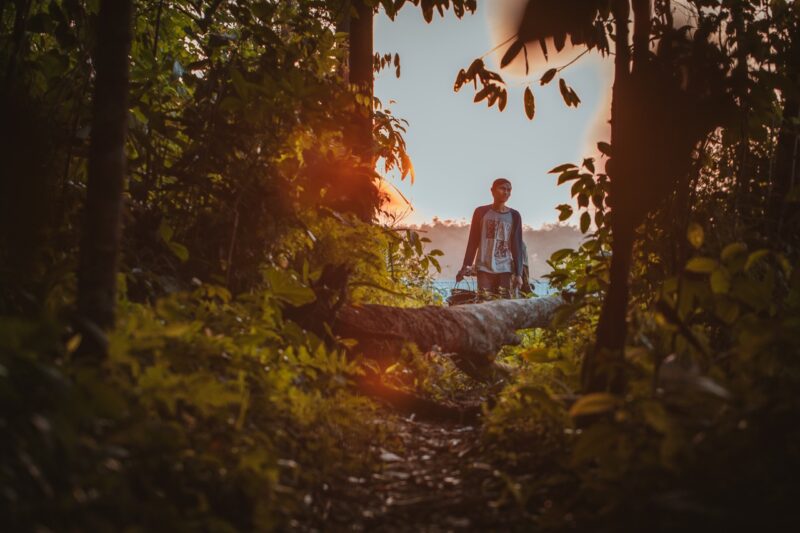
“Schwalbe is demonstrating responsibility in practice by leading the way when it comes to fair-trade natural rubber. Together with Fair Rubber e.V., Schwalbe began in 2020 to directly support the people who work on the rubber tree to ensure that a bicycle tire is available in stores at the end of the supply chain. I’m thrilled with what we’ve accomplished together to date”. – Stefan Hörmann, Managing Director of Fair Rubber e.V.
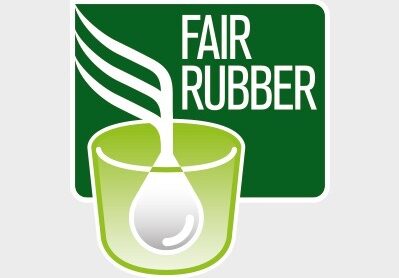
With the additional financial support, the farmers/tappers can decide for themselves what to do with the funds. “Their living conditions are improved, for example, by renovating local schools to give children access to education”.
Felix Jahn, the Head of CSR at Schwalbe said, “We set the goal of expanding our Fair Rubber capacities in the CSR Report 2021. It is great that we have now actually reached this milestone and increased the number of members in Fair Rubber e.V. from 277 in 2020, to 2,320 in 2022. In this way, more and more smallholders are benefiting from fair trade“.
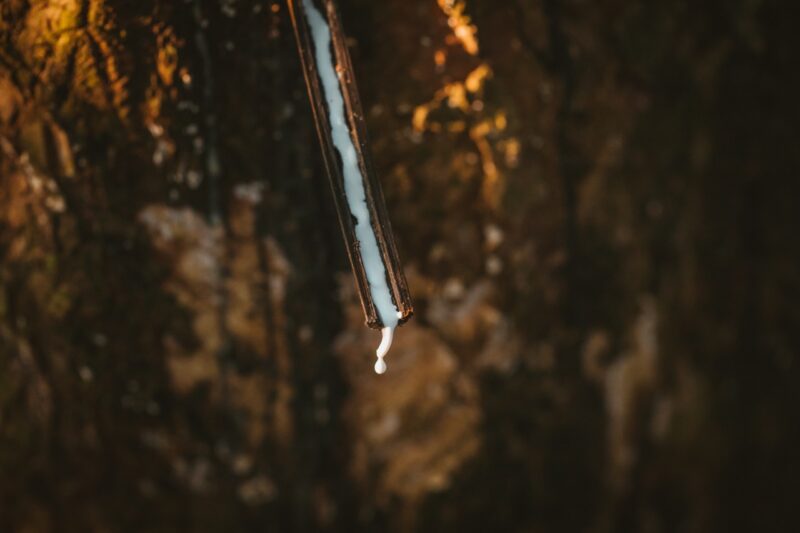
All of the Schwalbe gravel tires from the G-One Series, the three road bike models of the Pro One (tubeless, tube, and TT), and the mountain bike tires; Nobby Nic, Magic Mary, and Big Betty are now produced with Fair Rubber in the Evolution Line.
According to the press release, Schwalbe is the only tire manufacturer that uses fair-trade rubber in its products and helps people directly with a financial premium. This certified Indonesian natural rubber comes from so-called jungle plantations. “These types of plantations, unlike monocultures, preserve the high bio-diversity of the rainforest”.
Learn more below.
